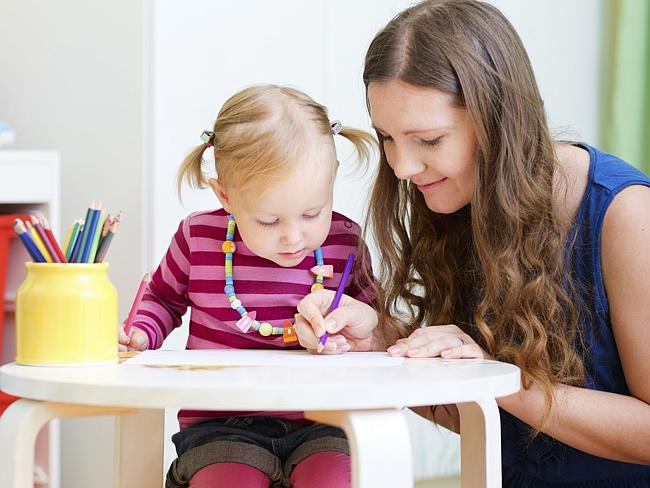
Government to Extend Working Visas for Nannies and Au Pairs
The Australian Government recently made the decision to extend the time restriction on working holiday visas for nannies and au pairs. This means that foreign nannies and au pairs will now be able to apply to work for 12 months, rather than six, with the same employer, providing greater continuity of care for families and children.
The need for nannies to provide childcare for working families
As at 2010, there were approximately 870,000 children using childcare services. This includes long day care, family day care, in-home care, out-of-school-hours care, holiday and occasional care. These services enable working families to participate in the paid workforce, and to maintain their career paths.
It’s also estimated that there are approximately 165,000 families who need childcare services but are unable to access mainstream childcare for various reasons, including location, quality and hours of service. In some cases, there are also long waiting lists for childcare places, which means families need to find alternative services in the meantime.
While many grandparents are taking up the slack where parents cannot access mainstream services such as a childcare centre, other families are turning to nannies and au pairs for help.
Nannies and au pairs may be particularly important for parents who are shift workers such as police officers, nurses, ambulance officers, firefighters, or hospitality workers, and for those living in remote areas or who have children with special needs.
Of course, not every family may want to use a childcare centre either. Families may simply prefer the one-on-one care that a nanny or au pair can provide, as opposed to care in a group setting.
The decision to extend working holiday visas by the Department of Immigration and Border Protection (DIBP) should allow for greater continuity of services in the care of young children, and for better bonding to develop between child and caregiver. This is likely to beneficial for children and parents alike.
The role of au pairs and nannies and how they can benefit families
Au pairs are involved in providing childcare and light household duties in exchange for their own room and board, and a small wage, and may not necessarily hold formal childcare qualifications.
Nannies on the other hand provide childcare services to families in their homes and are experienced and qualified in the childcare field. While nannies might sometimes be something that is associated with wealthy families, these days that is not always the case, with many working families choosing in-home nanny care for their children.
There are numerous benefits in using au pair or nanny care for children.
These include the following:
- Personalised care for children in the home. This also enables the nanny or au pair to become a familiar face around the home, which promotes bonding with the children they are caring for.
- The children being cared for get to play, sleep, and eat in their own homes according to their usual schedules.
- Having a nanny or au pair relieves the parents from having to pick up their children after work at rush hour.
- It helps to avoid the mad morning rush involved in getting kids ready and out the door before going to work – something that can be stressful in many families.
- In-home childcare provides convenience and peace-of-mind for parents who work odd hours.
- It reduces the risk of children picking up illnesses from childcare centres – something that can regularly occur even in the most clean and hygienic of facilities.
If socialisation is a concern for parents, they always have the option of asking their au pair or nanny to take their child to playgroup, kindergarten or other opportunities for play or socialising.
Travelling nannies and au pairs
The question of travel still remains, however, and parents who hire nannies or au pairs from overseas will need to take this factor into account.
Young people who go overseas on holiday working trips usually want to spend some time exploring the country they visit, and a large country like Australia takes quite a lot of exploring! In these cases, nannies or au pairs who come to Australia for the full 12 months may only want to work for a portion of their stay. However, the option to stay with one family for the longer working period is still likely to provide a better outcome for many families than the six-month restriction.
Of course, a major concern of any parent wishing to hire a nanny or au pair is that of quality and provision of appropriate care for their children. Using the services of a reputable agency where nannies and au pairs are screened and matched to families can help to ensure that the best quality carers are provided.
If you would like to know more about hiring an au pair or nanny, contact Select Au Pairs and Nannies for more information.

